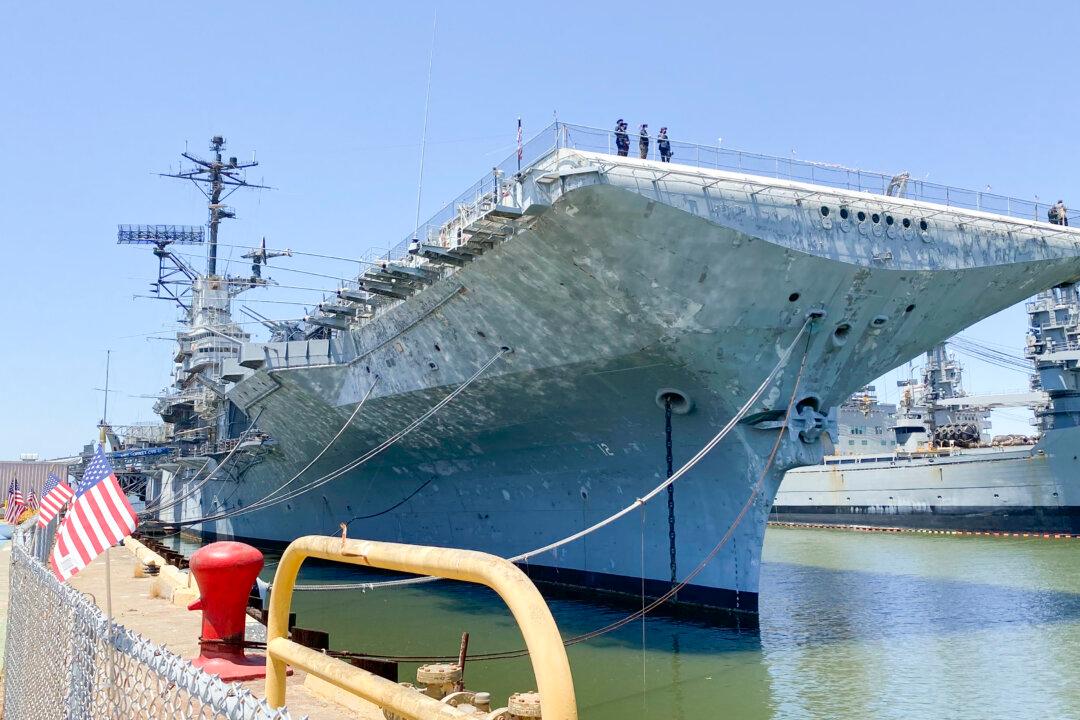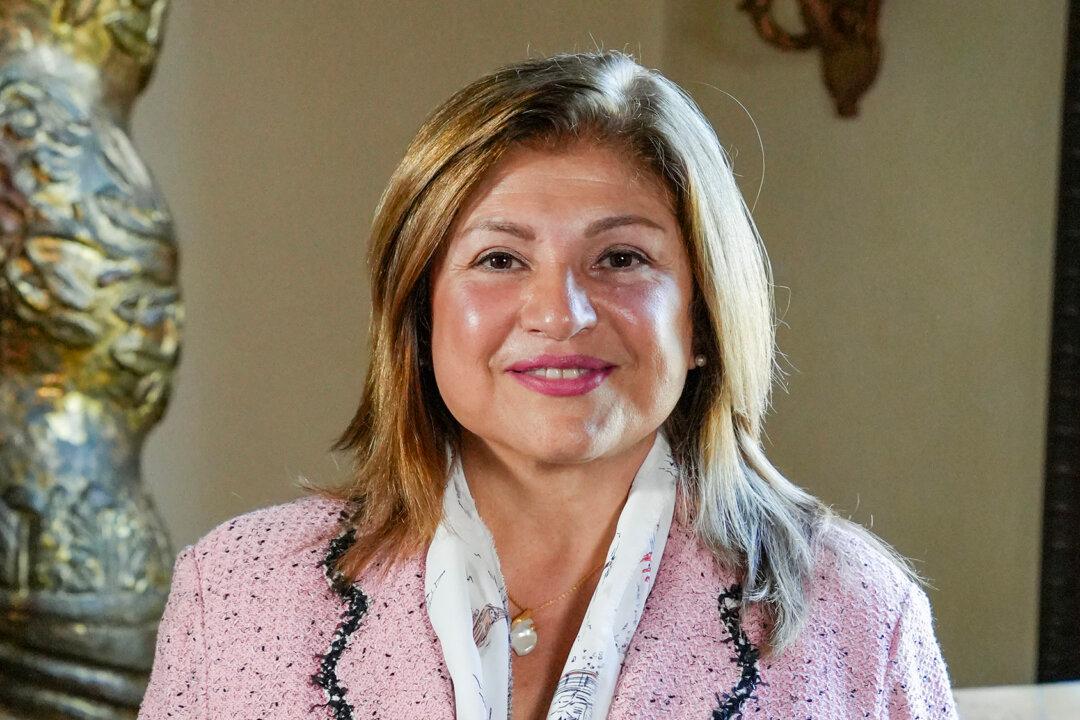ALAMEDA, Calif.—Two best friends and Navy veterans shared with NTD Television some of their most memorable Vietnam War experiences.
Bill Fee, 73, joined the Navy in 1968 and served for four years at sea. As a then-20-year-old, he didn’t fully understand what patriotism means, he said. He grew to understand it after experiencing war.





